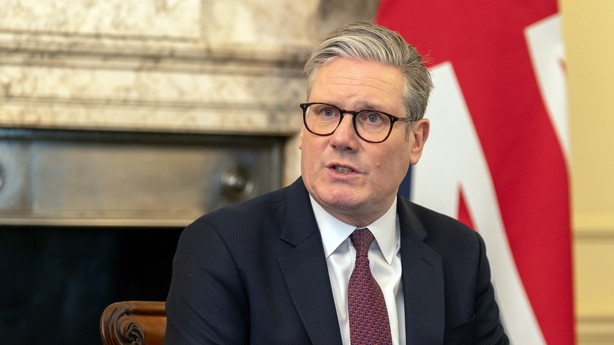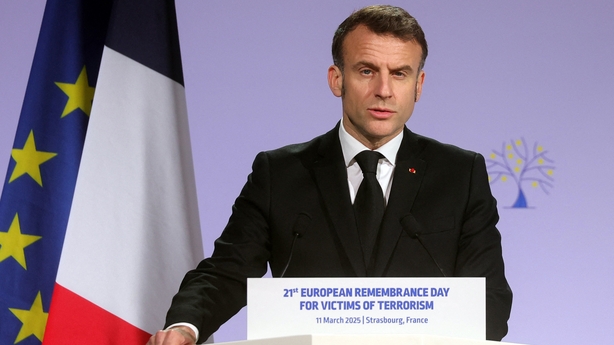The outcome of US President Donald Trump's phone call with Russian President Vladamir Putin this week was widely viewed as a setback.
A promise by Mr Putin to halt attacks on energy infrastructure in Ukraine was a long way short of a full ceasefire.
The call indicated that the path to peace, if achievable at all, will be longer than Mr Trump and others had initially hoped.
It also presented problems for the UK, France and their "coalition of the willing".
In a readout of the phone conversation, the Kremlin stated that President Putin wanted a "cessation of foreign military assistance and provision of intelligence information to Kyiv".
Russia has also expressed its opposition to foreign troops being deployed to Ukraine.
Nevertheless, planning for the "coalition of the willing" has continued.

On Thursday, over 20 military chiefs gathered at the UK's Permanent Joint Headquarters in Northwood, London.
The identity of those involved was kept private, although it is believed that this was predominantly a meeting of NATO members.
It was not one that the Irish Defence Forces took part in.
According to British Prime Minister Keir Starmer, the gathering was an opportunity to turn a "political concept into military plans".
While he admitted that a ceasefire or full peace agreement was not guaranteed, Mr Starmer also told military planners that it was time to plan so that the coalition could be put into action quickly, if required, to act as a deterrent to Russia.
He also insisted that British troops currently deployed in countries like Estonia would not be redeployed to Ukraine, saying "there's no pulling back from our commitments to other countries".
The meeting focused on "what might happen on the sea, air or on the ground".
However, US backing for such a coalition is not yet certain.
President Trump has instead proposed taking over nuclear energy power plants in Ukraine, alongside the already agreed minerals deal.
British Armed Forces Minister Luke Pollard insisted this week that the US had to be involved if a peace plan for Ukraine was going to be agreed.

Italy's Prime Minister Giorgia Meloni has also taken a cautious approach to the "coalition of the willing".
While she has participated in leader's meetings, Ms Meloni has said that Italy does not intend on participating in a military presence in Ukraine.
Further military planning meetings for the coalition are set to take place.
French President Emmanuel Macron has also announced that another meeting of leaders will take place in Paris next week.
The "coalition of the willing" appears to be powering ahead, despite the obstacles it faces.







